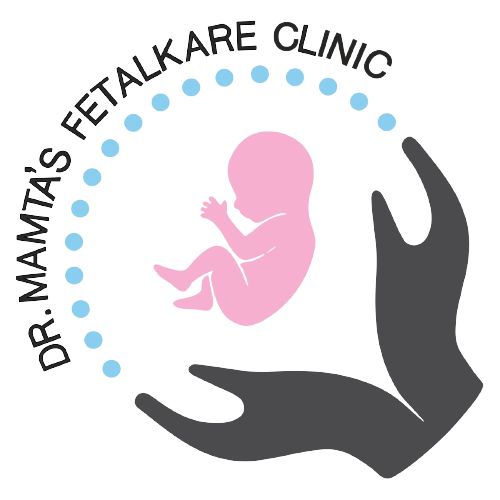Pregnancy is a natural wonder, and both the mother and the baby need the greatest possible care. The sooner good prenatal care starts, the better the chances of a healthy mother and baby. Fetal medicine is a subspecialty of obstetrics and gynecology that focuses on the care of the unborn infant (fetus) before to and throughout pregnancy, as well as the monitoring of high-risk pregnancies via fetal screening and ultrasounds. Dr. Mamta Phogat, athe best fetal medicine specialist in Faridabad, explains fetal medicine and the significance of getting ultrasounds throughout pregnancy to guarantee fetal well-being and to discover abnormalities in a responsible way so that both the mother and the baby have the best possible result.
If you develop one (or more) of the following symptoms before getting pregnant, see a fetal medicine specialist:
A pre-existing medical disorders: Many pre-existing medical disorders, including diabetes, lupus, renal illness, and hypertension, may need to be managed throughout pregnancy (high blood pressure). A maternal fetal medicine specialist may change the sort of medication you’re taking in some cases to preserve your health and avoid any negative effects on future pregnancies. A maternal-fetal medicine expert can assist you optimise your blood sugar management before to conception to help lower the chance of fetal abnormalities if you have diabetes.
If you’re overweight, a maternal-fetal medicine expert can discuss the advantages of losing weight before getting pregnant. “Losing weight in a healthy way might minimise your chance of acquiring diseases like hypertension and gestational diabetes,” says Dr. Mamta Phogat.
Genetic Risks: As technology has evolved and testing has become more affordable, preconception genetic screening has grown increasingly popular in recent years. Genetic screening can be performed to determine your and your partner’s chance of becoming carriers if you have family members with an illness or if you belong to ethnicity with a higher risk of getting particular disorders (such as sickle cell disease or Tay-Sachs disease). A blood test can also be used to check for prevalent hereditary diseases like cystic fibrosis or spinal muscular atrophy.
A Fetal medicine specialist can also give counseling and care if your child has a genetic abnormality or syndrome, so you can think about how the issue might effect future pregnancies. Always consult your healthcare provider.
Dr. Mamta’s FetalKare Clinic, which Dr. Mamta Phogat runs full-time, is equipped with the most current equipment for fetal screening, ultrasounds, and surgeries.


